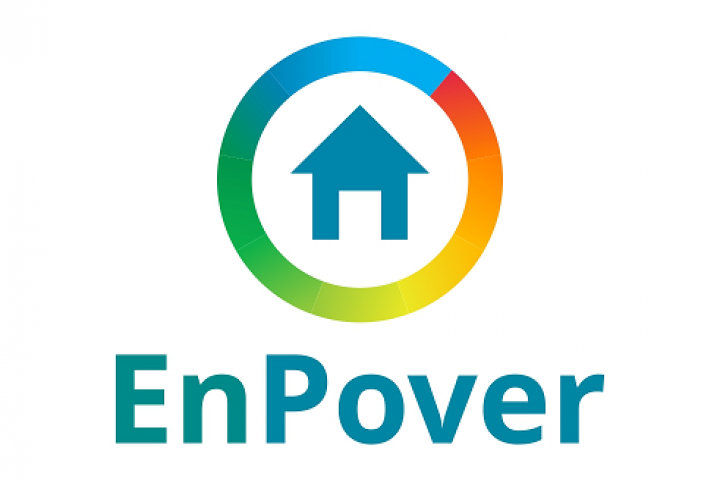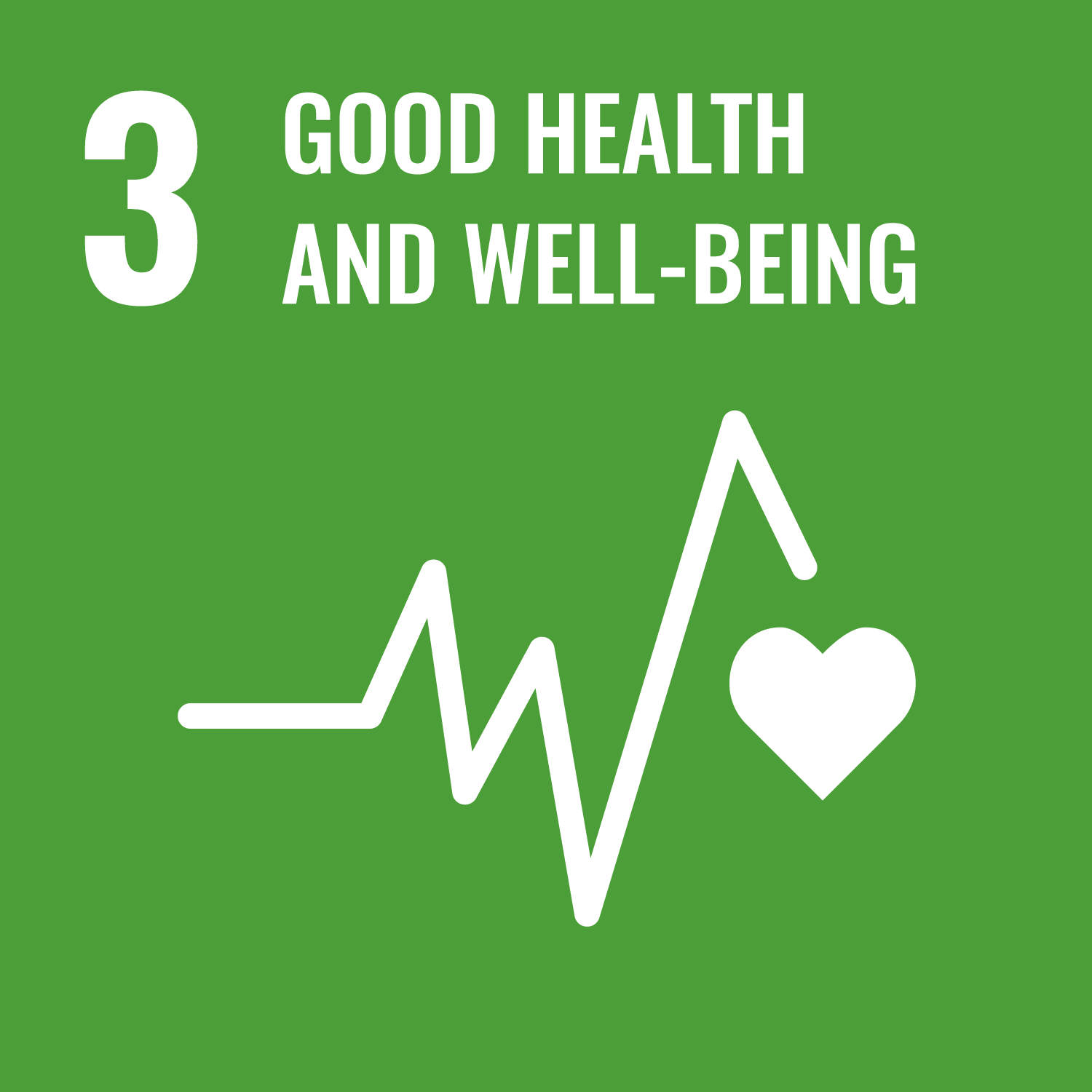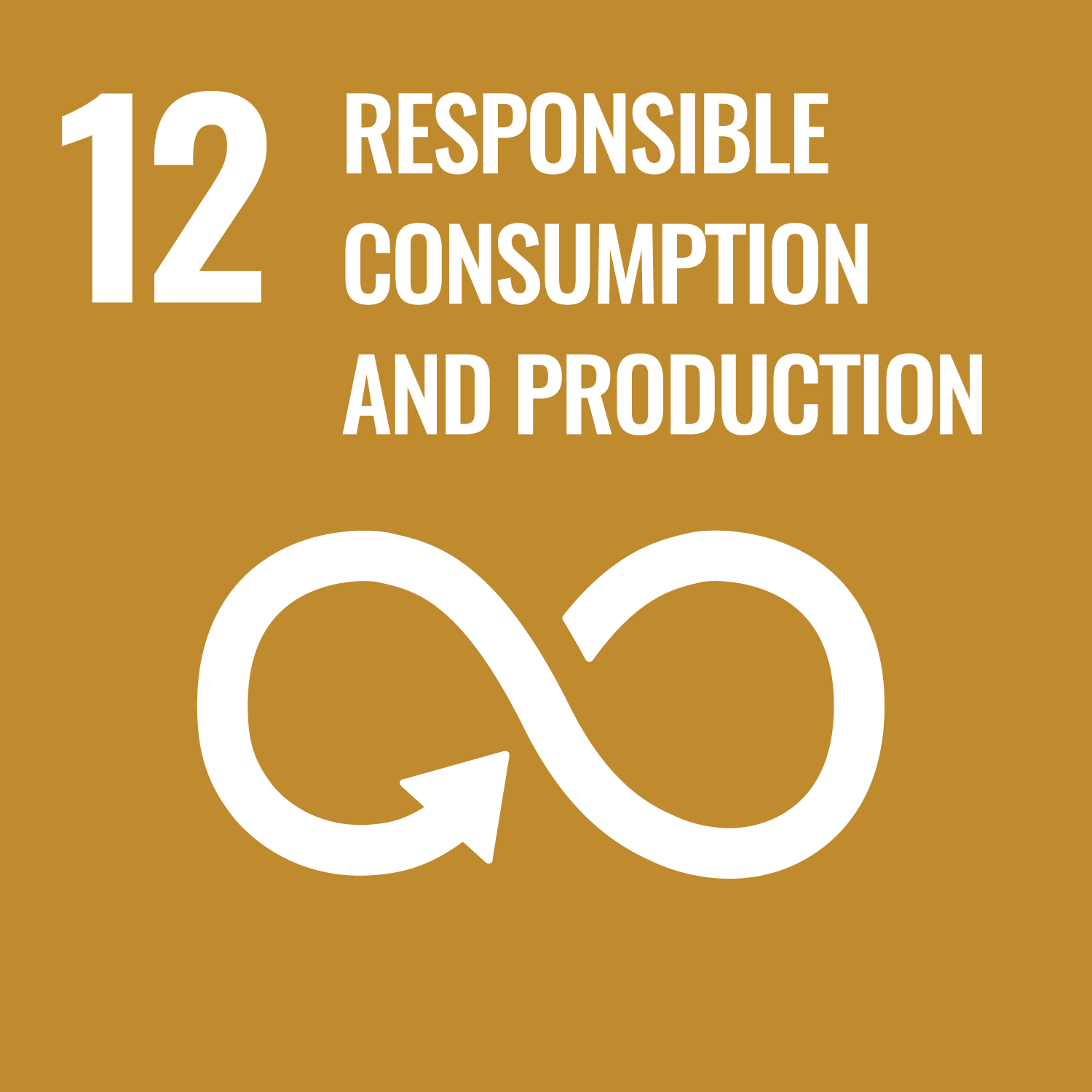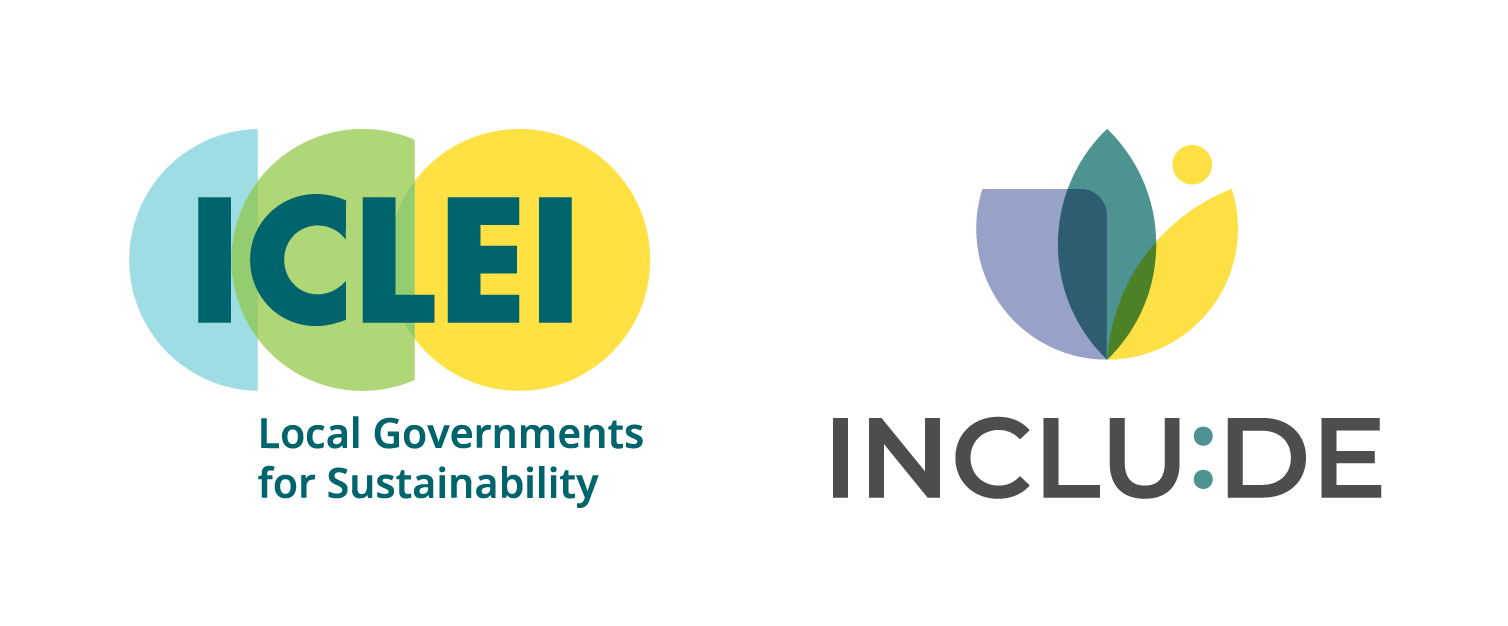The EnPover project aimed to support municipal actors to fight energy poverty on their territories and equip them with a set of universal and ready-to-use tools boosting implementation of low-cost energy efficiency measures in households most prone to energy poverty. Also, a network of municipal professionals exchanging relevant ideas and good practices was created and a series of inspiring workshops and exchanges were organised. And last, but not least, the project envisaged designing and implementation of model awareness-raising campaigns that may inspire other cities to follow.
The project was a good example of highlighting the municipalities' role in tackling energy poverty, raising their awareness of the topic and providing them with a collection of different tools to be used locally to support energy poor and vulnerable consumers. It was implemented in 9 pilot municipalities, who built their capacities and exchanged on how to tackle energy poverty on the local level. They also launched pilot awareness-raising campaigns targeting energy-poor and vulnerable.
With a budget between 100.000 and 1M euros, the EnPover project contributed its share to tackling energy poverty in Europe through the following activities:
- establishing a network of municipal professionals interested in advancing the topic in their municipalities.
- mapping and consulting relevant stakeholders, i.e. public authorities and organisations working with vulnerable households to seek their expertise and advice.
- collecting best practice examples of successful initiatives supporting energy-poor households to reduce their energy consumption and improve the comfort of living.
- organising workshops with experts from municipalities, tenants, private homeowners, consumer protection, social welfare and energy consultation organisations.
- organising study visits to see in reality examples of best practices on tackling energy poverty.
- developing a toolkit of customized and ready-to-use support schemes boosting implementation of low-cost energy efficiency measures in private households.
- launching model awareness raising campaigns addressed at private households, especially those most vulnerable to energy poverty.
wide dissemination of project results and products.
Some concrete key performance indicators (KPIs) of the project include:- 9 municipalities directly involved in capacity development
- 6 direct physical interactions between participating municipalities (via workshops and site visits)
- 9 positive feedback on the usefulness of toolkit on low-cost energy efficiency measures for vulnerable households by staff of participating municipalities
- 5 municipal energy awareness-raising campaigns.
It addressed the topics of: air quality, health, behaviour, heating and cooling system, household appliances, indoor comfort, information and awareness, energy access and consumption, energy efficiency and vulnerable consumers.
-

-
 Countries impacted:
Countries impacted:
PolandGermanyHungary -
 Geographical scale:
Geographical scale:
Regional and Local -
 Energy poverty phase:
Energy poverty phase:
DiagnosisPlanning -
 Intervention type:
Intervention type:
Capacity building and trainingCommunication campaignStakeholders' Engagement -
 Professionals involved:
Professionals involved:
Engineer -
 Type of funding:
Type of funding:
National funds from the European Climate Initiative (contract number: 81247746) of the German Federal Ministry of the Environment, Nature Conservation and Nuclear Safety (BMU). -
 Website:
Website:
Case website -
SDGs addressed:






